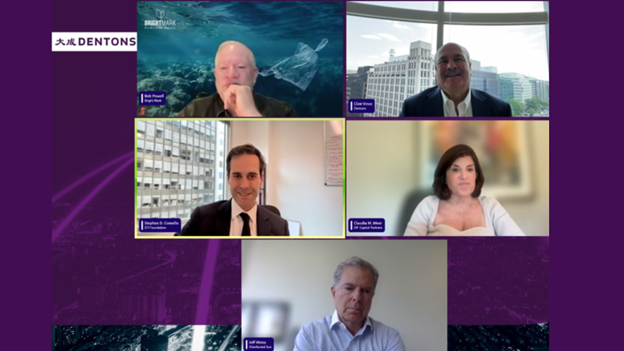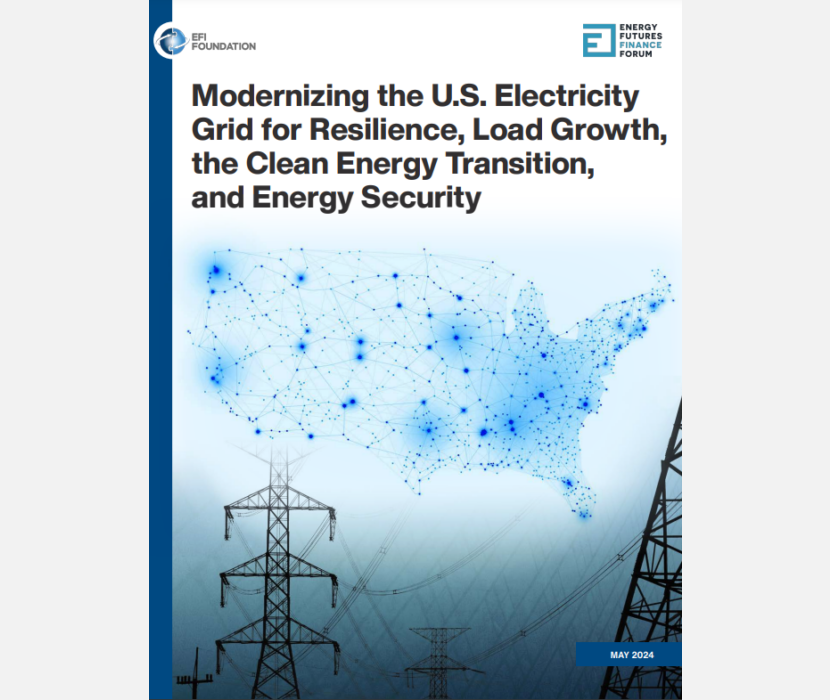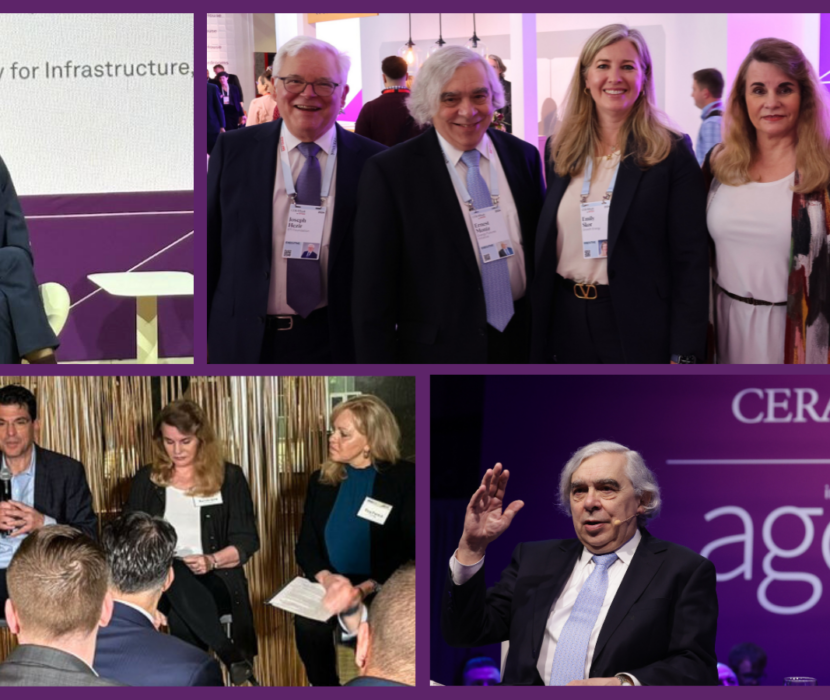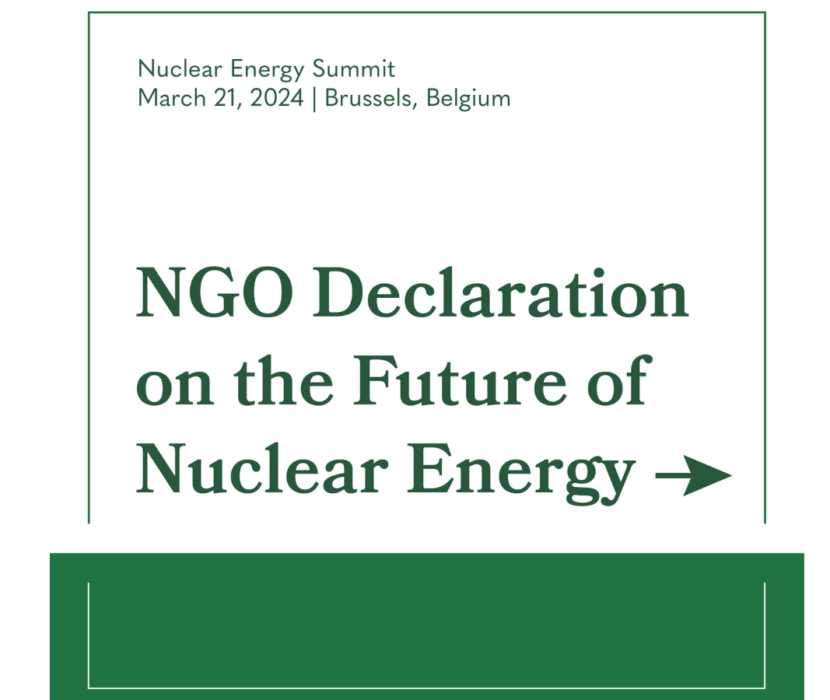
On June 13, 2023, EFI Foundation Senior Vice President Stephen Comello, spoke at a webinar hosted by global law firm Dentons on how private investment and federal policy can shape the near-term landscape for investment in clean energy technology.
Comello explained that the United States needs an enormous amount of capital in the near term to fund the clean energy transition. Between now and 2050, the United States will need $300-400 billion per year of clean energy technology investment to reach its net-zero emissions target by midcentury. He said that the tightness of the U.S. capital market means that projects must be “rock solid.” He also added that Congress and regulators should pass and enact policies that attract investors and make clean energy investments less risky.
“That’s the framing on why bankability is so important,” Comello said. “As we scale more and more, we’re going to need a lot of money, and it will not just show up on its own.”
Comello highlighted the impact of the Infrastructure Investment and Jobs Act (IIJA) and the Inflation Reduction Act (IRA) on the ability of the U.S. Department of Energy’s Loans Program Office to spend on clean energy projects. He noted, however, that we need stronger follow-up legislation to help technologies in the demonstration phase of the research, development, and demonstration process gain greater access to grants.
“I think that [we need] an IRA 2.0 that is a bit more grant focused,” Comello said. “And you don’t need much. We’re talking about single-digit billions of dollars to get a few different technologies over that tipping point.”
Three entrepreneurs and experts in the clean energy industry joined Comello on the panel: Bob Powell (founder and CEO of Brightmark), Jeff Weiss (co-founder and executive chairman of Distributed Sun LLC), and Claudia Meer (senior strategic advisor, DIF Energy Transition at DIF Capital Partners). The discussion was moderated by Clint Vince (co-chair of the Global Smart Cities and Connected Communities Think Tank at Dentons).
The panelists added to Comello’s remarks on private capital markets and recent federal legislation, warning against the siloing of different sectors. They said the private finance, public policy, and technology sectors must work together to achieve the large and rapid scaling of technologies promoting renewable generation and smart transmission upgrades to meet climate goals.
“The key to change is integration,” Weiss emphasized. “What has to be integrated [for clean energy technologies] are the technologies, policies, and the capital market—because zero dollars get deployed for anything if all three of those don’t come together.”
The event also addressed the urgent need to update and streamline permitting processes. Comello discussed the gap between the clean energy technology projects that the United States must build and the existing transmission infrastructure.
“You could see one future where essentially transmission does not get built as much as we need and then you’re focused much more on local or much more energy-dense options,” Comello said.
He also touched on how smoother permitting processes could bolster the development of necessary transmission infrastructure development. Comello is researching ways to update permitting processes for decarbonization projects through EFI Foundation’s Energy Futures Finance Forum (EF3) program, which we launched in February 2023 to help reduce risks and increase investment quality for clean energy investments.
– Georgia Lyon, Communications Associate
(Share this post with others.)




